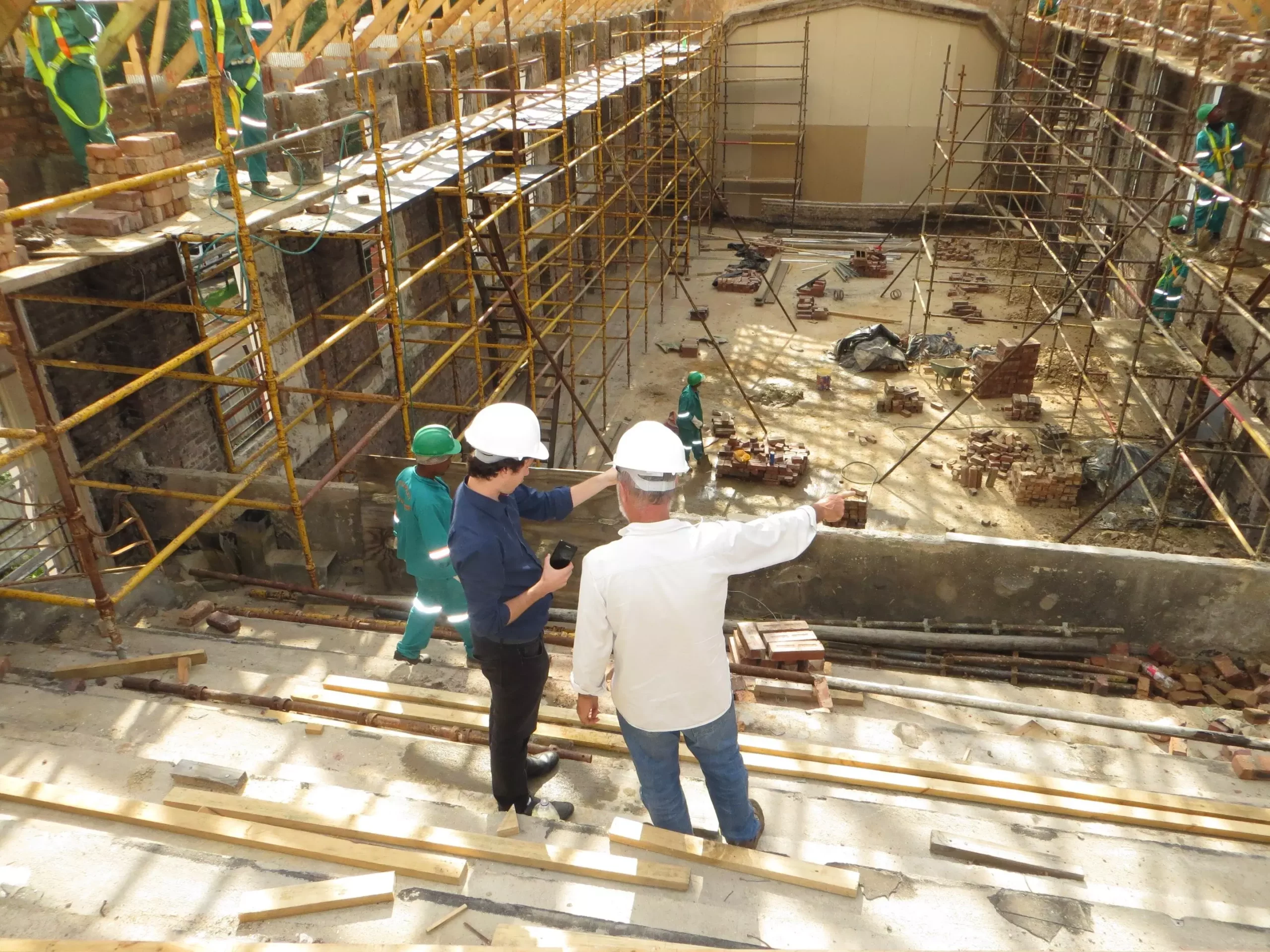As the global community grapples with the realities of climate change, the construction sector within Europe is at a crossroads. A recent study highlights an emerging potential to revolutionize energy consumption practices in this sector, suggesting that through innovative technologies, Europe could virtually erase carbon emissions associated with construction and building management by 2060. This research underscores a critical examination of current practices and the necessity for immediate action.
The study pinpoints a staggering statistic: approximately 75% of Europe’s building stock is classified as energy inefficient. This inefficiency not only exacerbates the already pressing issue of climate change but also represents a significant missed opportunity for energy savings. With an anticipated increase of over 20% in total floor space across the continent in the coming three decades, the urgency for reform is clear. Without changes in how we construct and utilize buildings, the projected rise in energy demand could lead to catastrophic environmental outcomes.
Integral to the report is the emphasis on utilizing advanced technology such as solar panels and heat pumps. These technologies could revolutionize how both residential and commercial properties consume energy, boasting potential reductions in energy usage for heating and cooling by up to 97%. Amidst heightened energy security concerns due to geopolitical tensions, these solutions not only promise environmental benefits but also substantial savings on energy costs for consumers, enhancing overall quality of life.
Dr. Souran Chatterjee, lead author of the study and a Lecturer in Energy Transitions, articulates the potential for the building sector to significantly mitigate climate change impacts. By reducing energy demand and transitioning to net-zero practices, we could make strides towards fulfilling the ambitious goals set out in the Paris Agreement.
Beyond the environmental aspects, the study points to a rarely discussed dimension: the manifold benefits to human health and productivity. By embracing higher energy efficiency in buildings, we can expect improved indoor air quality, better lighting, and overall enhanced living conditions. This holistic approach not only benefits inhabitants but also stimulates job creation within the emerging green energy sector, further driving economic recovery while addressing climate concerns.
The Role of Collaborative Research
The collaboration between the University of Plymouth, Central European University, University of Szeged, and the Institute for Geological and Geochemical Research, as indicated in the study, showcases a collective commitment to addressing this crisis. Utilizing the High-Efficiency Building (HEB) energy model, the study meticulously calculates potential energy demands and reductions for each EU member state and the UK. The significance of such inclusive research is profound, as it highlights the varying capabilities and needs of different countries depending on their economic structures and climatic conditions.
Ambitious Targets for a Sustainable Future
The results of the study are startling. If pursued rigorously, the construction sector can aim to reduce energy consumption for cooling residential properties by up to 86% by 2050. This figure is particularly crucial for southern European countries that heavily rely on air conditioning. Furthermore, heating demands could see similar reductions, with anticipated energy savings of more than 80% for heating systems.
However, the prospect of failing to undertake such comprehensive renovations and efficient constructions poses a dire threat. Without proactive measures, total thermal energy demand within the building sector could surge by as much as 7% by 2060, countering the gains made through existing energy-saving strategies.
The findings from this study serve as a clarion call for policymakers, industry leaders, and citizens alike to pursue an aggressive overhaul of energy practices in the construction sector. It is imperative that stakeholders recognize the potential repercussions of inaction and advocate for a rapid transition towards sustainable building innovations. Only through collaboration, leveraging cutting-edge technologies, and prioritizing energy efficiency can we hope to achieve the ambitious goal of a net-zero future for Europe’s construction industry. The time for change is not tomorrow; it is now.


Leave a Reply